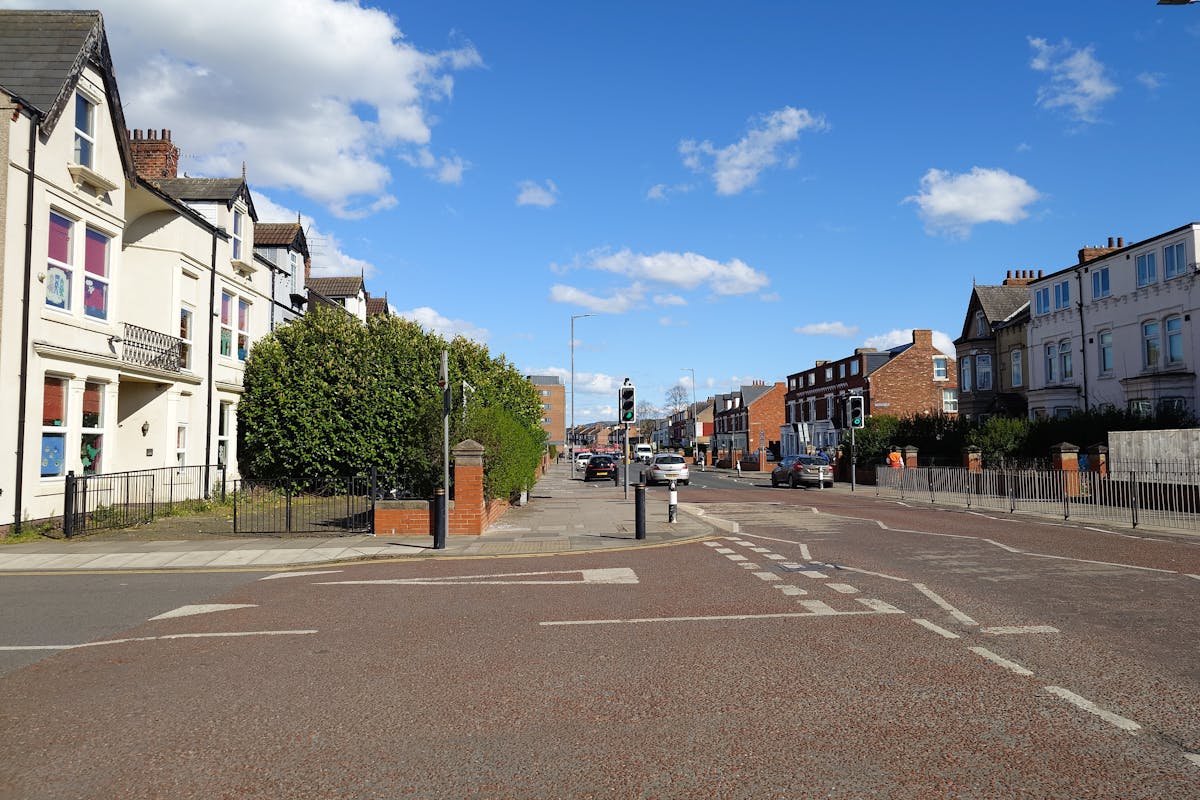Across Yorkshire, smaller towns are increasingly finding themselves without any local bank branches at all. According to the Office for National Statistics, more than half of the region’s bank branches have closed in the past ten years. In places such as Stocksbridge, where there were once five banks, there are now none. Residents there must now travel around 10 miles to Sheffield just to speak to someone face-to-face about their finances.
Banks explain these closures by pointing to the rise of online banking. But the question is not whether some people bank online. The question is whose needs are being served and whose are being ignored.
For many older people, the closure of local banks has meant a profound loss of independence. Éilis Kinsella from Age UK Sheffield explains that many people now have to take long, unreliable bus journeys into city centres simply to withdraw money or check their account. For those with limited mobility or incontinence, a journey that used to be simple has now become a stressful, carefully-planned ordeal. The familiar, personal aspect of banking, seeing a known teller, receiving a printed receipt, can help older people and others with memory loss or confusion manage their finances. Without this, they are left more vulnerable to mistakes, financial harm, or unwanted dependence on others.
The harm does not fall only on older people. Those with hearing difficulties struggle with phone banking. Those who are visually impaired often find online systems difficult or entirely inaccessible. These groups are not niche. They are part of the working and retired population whose needs are simply treated as unimportant because they are not profitable to serve.
This loss of local banking is not a coincidence, it is the logic of capitalism operating exactly as intended. Banks are private enterprises, answerable to shareholders, not to communities. They maintain services only so long as those services maximise profit. When running local branches no longer yields high enough returns, the branches disappear. The social cost — the lost independence, the isolation, the time and stress pushed onto ordinary people — is not counted.
In response to public concern, a new system of “banking hubs” is being rolled out. There are now 188 of these hubs across the UK, and 25 in Yorkshire, including a newly opened one on Market Street in Wetherby. These hubs are shared spaces, funded by major high street banks and run through the Post Office, where customers of different banks can withdraw and deposit cash. On different days, representatives from specific banks are present to answer account-related questions.
But while they are welcomed by many residents, particularly those who previously faced two-hour round trips just to access services, the hubs are a reduced substitute. They operate on limited weekday hours, making them inaccessible to many working people. Not all banks participate; for example, Nationwide is not part of the hub model, meaning some households are still forced to travel. People who need specialised help must time their visit to coincide with one particular day, when their bank’s representative happens to be present.
These hubs are not restoring what has been lost. They are managing decline: offering a minimal level of service just sufficient to prevent outcry, while the long-term withdrawal from local communities continues.
The deeper issue is that access to one’s own money has become treated as a matter of corporate convenience rather than public necessity. Under capitalism, services exist only as long as they generate profit. Everything else is gradually stripped away, leaving individuals to struggle alone. This is what we see in Yorkshire: communities hollowed out, older and disabled people pushed into dependency, and workers forced to fit their lives around institutions that care nothing for them.
The rational alternative is clear. Banking is a public function, a necessary part of life, not a luxury. To guarantee equal access, banks must be taken into public ownership and operated as a social service, not a profit-making enterprise. Only then can services be provided where they are needed, not merely where they are profitable. Only then can older, disabled, and working-class people maintain control over their own lives. Only then can community life be rebuilt rather than continually sacrificed for the bottom line. And the only way to guarantee that the services won’t be privatised again is to have socialist control of the state, ensuring that people are put before profit.





